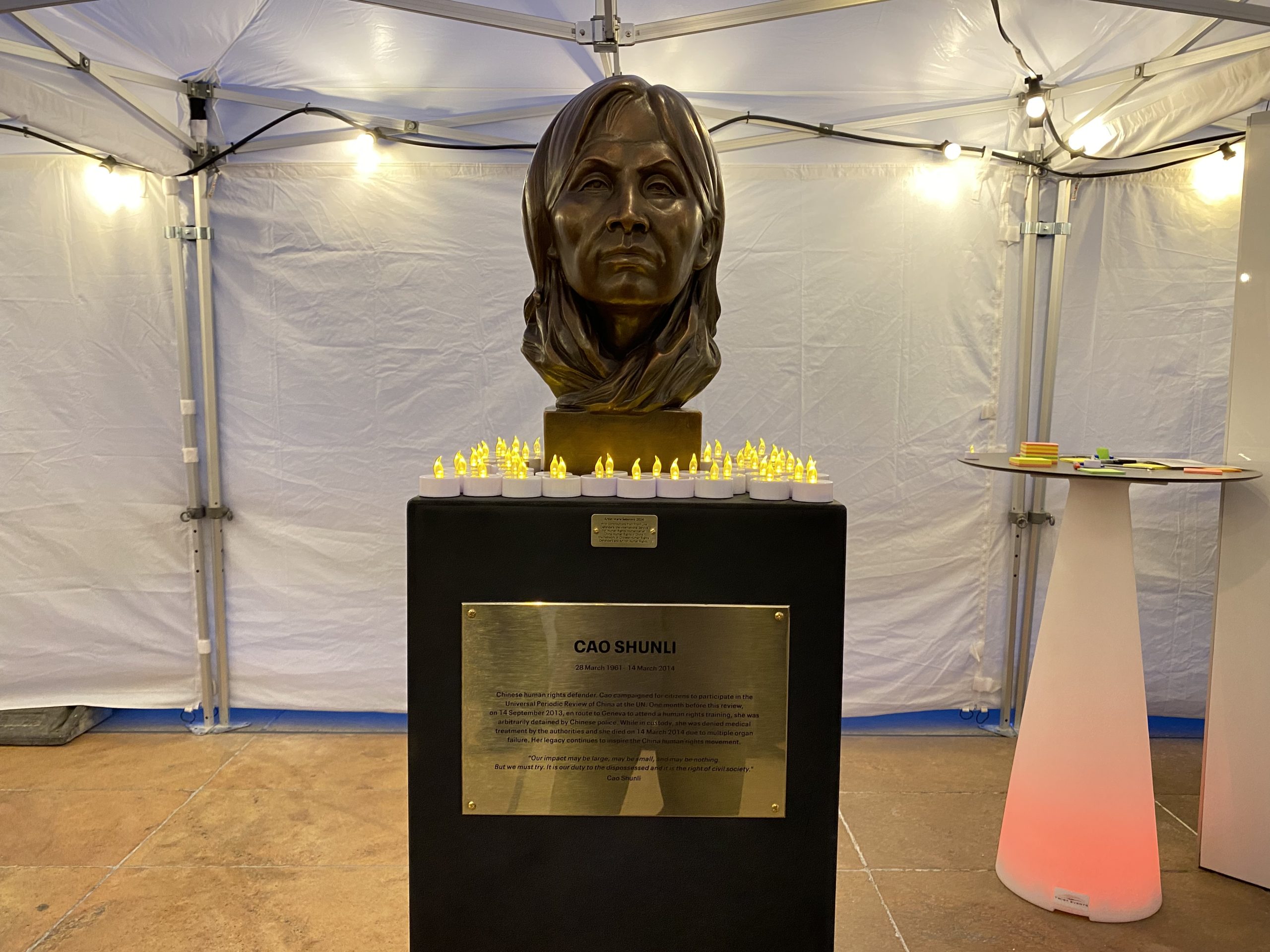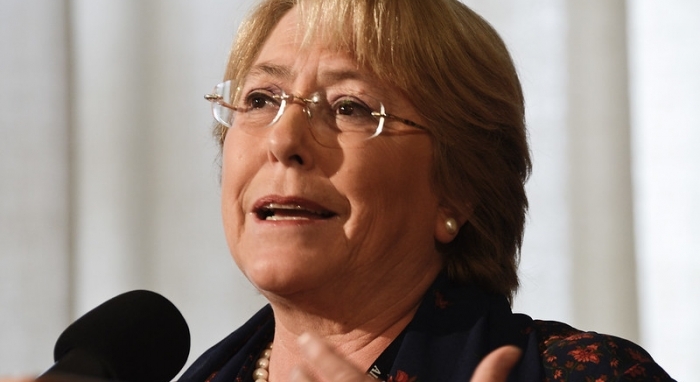In her annual dialogue with the Third Committee, the High Commissioner highlighted the increased restrictions, suffering, damage and setbacks for human rights created by the COVID-19 pandemic, as well as OHCHR’s work to address it from a human rights perspective. This includes technical assistance at country and regional level, tools, policy guidance, human rights indicators. Furthermore, the High Commissioner called for debt relief and to ease—or in some cases suspend—sanctions to allow medical supplies to reach those in need.
The High Commissioner also shared updates about the Office’s ‘surge initiative’ launched one year ago to step up advice on human rights-based approaches to economic policies and practices, and to advance our focus on economic, social and cultural rights within the framework of the 2030 Agenda. In that regard, the High Commissioner shared updates on specific action in countries including Madagascar, Serbia, Peru and Cambodia.
The High Commissioner’s update also addressed how the UN’s human rights bodies and mechanisms are managing to carry out their work in the context of COVID19, including online. The Human Rights Council was noted for being the first intergovernmental body to resume meetings. In her presentation, Bachelet highlighted the ‘great creativity in improvising new and remote methods of work’, failing to mention the very critical situation of the Treaty Bodies, who have not found a way to hold reviews of States parties since March. The High Commissioner said the treaty bodies managed to migrate ‘much’ of their work online. While it is commendable that the treaty bodies have been able to adopt close to 200 decisions on individual complaints since March, their work reviewing State parties’ reports has all but ceased entirely since March, creating an unacceptable and serious protection gap that civil society have highlighted must be addressed urgently. Over 500 NGOs from all world regions have called on the UN human rights bodies and their Secretariat to resume reviews of States parties, which have been halted due to the COVID-19 pandemic.
In response to a number of States inquiring in their interventions about the treaty body strengthening process, the High Commissioner shared that she welcomed the recommendations of the co-facilitators, would be sharing suggestions of models for working method and review cycles, and going forward would prioritize adjusting the resources formula to fit a predictable review calendar. Currently the resources needed for the treaty bodies are calculated on the basis of the number of reports and petitions received, rather than prospectively as the High Commissioner suggests on the basis of the anticipated number of reports. The High Commissioner also made clear that a digital shift must be part of the treaty bodies’ future, including a dedicated online platform, and that support by the General Assembly is crucial on this. She also underlined the need for a case management system for petitions and the need for treaty body experts’ compensation to be reimagined. Treaty body members are currently only compensated through a ‘daily subsistence allowance’ when they travel to Geneva to meet for sessions, an impossibility in COVID-19 times.
The High Commissioner sounded the alarm about treaty body funding—the regular budget adopted for 2020 did not correct a 2019 shortfall, and the prospect for 2021 is also ‘quite concerning’. She emphasised that the treaty bodies should be fully funded by the regular budget, and that without adequate resources, treaty bodies are falling behind in their work, with catastrophic consequences. The High Commissioner also spoke of the need to ensure the Special Procedures receive adequate funding, and of the wider cash-flow crisis affecting the UN. Several States intervened on the issue of resources calling for the human rights programme of the UN to be adequately funded, including the UK, Luxembourg, South Korea, Chile, the EU, Germany, Morocco, Switzerland, Ireland, The Netherlands.
Several States raised country situations, with a number, including the UK, EU, Germany, Canada and the US, inquiring about the High Commissioner’s views and plans to address accountability for serious human rights violations in China, in particular in Xinjiang. Regarding the situation in Xinjiang and Hong Kong, the High Commissioner said her Office is ‘following the situation closely’ and has expressed its concerns bilaterally and publicly. She said she hopes to visit Xinjiang to assess the impact of China’s policies there.




